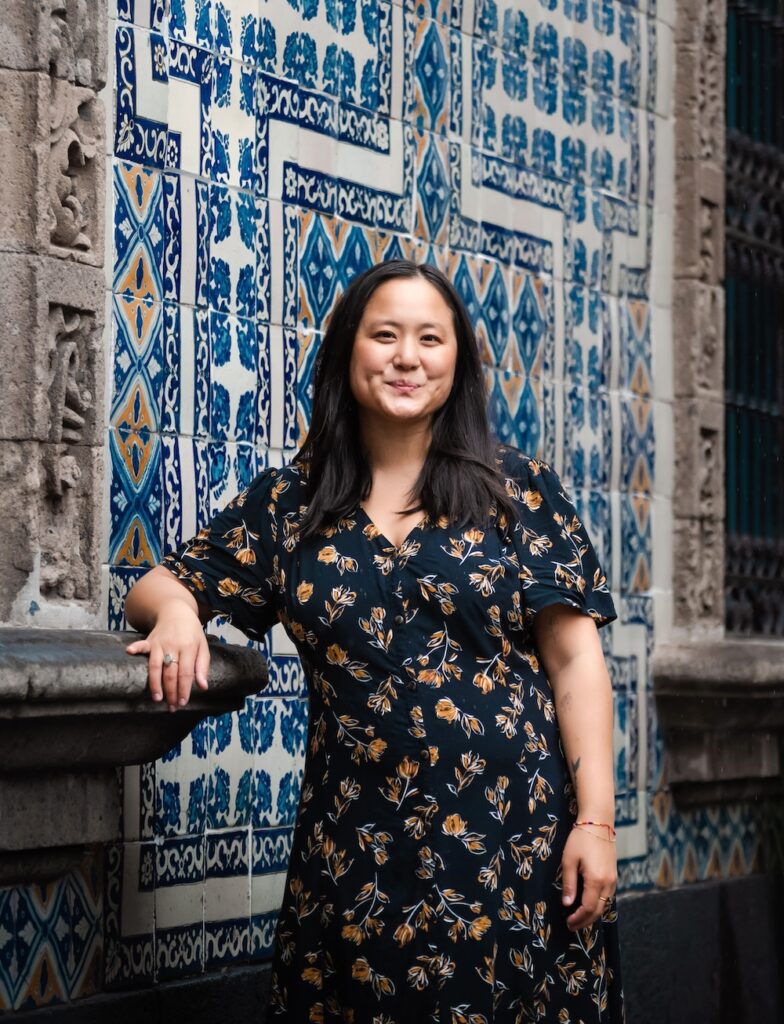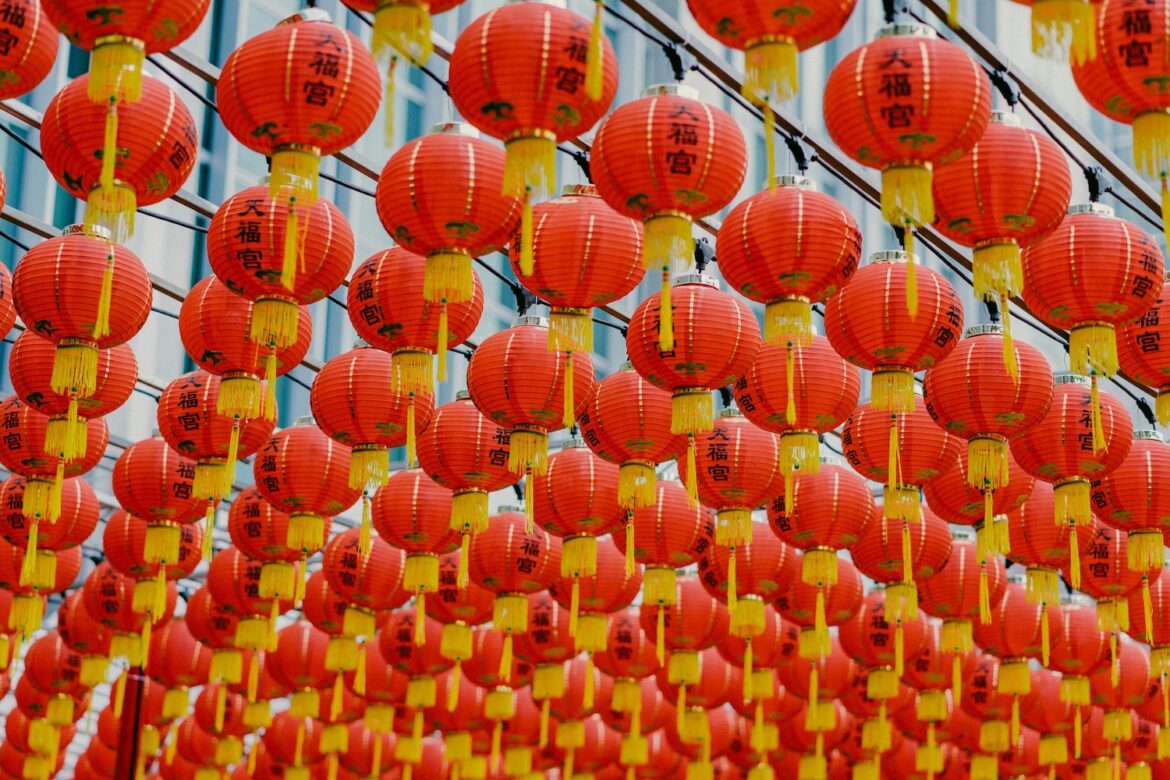By Maelyn Schramm
Transracial adoption isn’t easy. It isn’t glamorous. It isn’t romantic.
Transracial adoption is messy. It’s hard. It’s emotional.
The impact of transracial adoption is woven into every fiber of my being; every detail of my story; every stitch of the tapestry that shows my life’s journey.
I’m Maelyn, a 30-year-old Dallasite adopted from China at 14-months-old. My family includes two Caucasian parents and two Caucasian brothers, between whom I fall. Although my brothers are also adopted, their domestic and open adoption stories are far different than my own. After all, isn’t every adoption story unique? Isn’t every adopted child exquisite? Isn’t every adopted child’s journey extraordinary?
My story, my journey, includes ignoring my biological culture as a child through emerging adulthood. And then finally coming to terms with, embracing, and celebrating my biological culture, my transracial identity, in my mid-20s.
As a child and young adult, I didn’t dare come across as too Asian. I surrounded myself with Caucasian friends, I ate normal American foods (burgers and fries) and avoided any odd Asian dishes (sweet rice balls and many other dishes I did not know as I refused to indulge in them). I immersed myself in my Baptist upbringing. I put my foot down about learning Chinese and dropped out of Chinese school early on. I hid my good grades. I joined the middle school band instead of orchestra.
Despite their genuine and honest efforts, I rejected my adopted parents’ attempts to immerse me in Chinese culture, to expose me to Asian American friends, to explore who I truly am.
But then COVID hit and so did widespread Asian hatred. George Floyd’s murder, increasing racial tension in America, and all of the intricate, undeniable ugliness that impacted the non-white community overcame my thoughts and emotions. These current events snapped me into reality: I looked Asian because I am Asian. I was at risk of becoming a victim of Asian hate. And due to my Asian exterior—despite my lack of social identity—I dove into educating myself on my biological culture; I dove into embracing who I am: Chinese American.
The exploration into my Chinese heritage and adoption coincided with Asian American-Pacific Islander Heritage Month in May. I educated myself on Asian American history and its prominent figures. I reached out to Asian acquaintances. For the first time, I felt honored to be Chinese. For the first time, I felt like I found a community I belonged to, a community I rejected long ago.
As I said, coming to terms with my non-white identity was messy. It was hard. It was emotional. It was a journey of self-discovery and self-acceptance. I still consider the exploration of my transracial identity lifelong, ever evolving.
In 2024, I attended my first formal Lunar New Year celebration. Encouraged by a Taiwanese friend, I fed a hungry dancing lion a red envelope for the first time. Later that night, I cried. I was overcome by grief—having lost more than 20 years of acknowledging who I am. I was overcome by fear. What did the future hold for me as a Chinese American woman? I was overcome by joy. What a beautiful thing to finally know who I am, to finally honor my Chinese identity after decades of denial.
A couple of years ago, with genuine desire to surround myself with more AAPI friends, I founded a meetup for us at a local climbing gym. Asian Americans and allies gather twice a month and bond over our mutual love of rock climbing and craving for community. We eat Asian snacks, some speak in their native languages, we celebrate and honor where we came from.
I wish more people understood.
I especially wish white parents exploring transracial adoption understood—their children will struggle and wrestle and doubt. Their child will feel like they both don’t and do belong on multiple, conflicting, and intricate levels. Their child will need to feel seen and heard, otherwise they will live a life marked by isolation and loneliness.
These days, I feel more seen and heard when I meet other transracial adoptees, especially Asian adoptees. I even feel more seen and heard when I meet Asians who grew up with their bio parents—Asians who embrace their heritage and culture. I feel more seen and heard when I acknowledge my past, embrace my present, and hope for my future.
Transracial adoption isn’t easy, glamorous, or romantic. It’s messy, hard, and emotional. But it’s a part of my story, it’s who I am, and it’s who I want to be.

Maelyn Schramm is a transracial adoptee from Fuzhou, China. In her free time, she writes a wellness and intentional living blog, Words By Mae. She works full-time in the rock climbing industry, but considers herself a part-time creative. Schramm lives in Dallas, Texas with her beloved dog, Jack. Find her on Instagram @wordsbymae and at her website.
Severance Magazine is not monetized—no subscriptions, no ads, no donations—therefore, all content is generously shared by the writers. If you have the resources and would like to help support the work, you can tip the writer.
On Venmo: @maelyn-schramm

